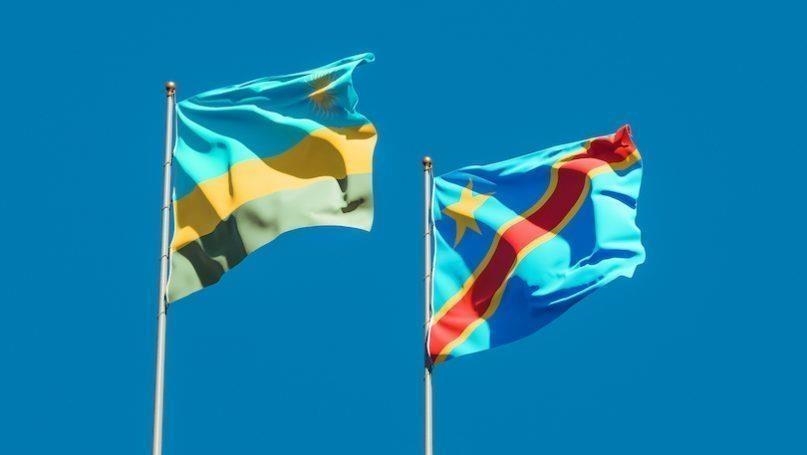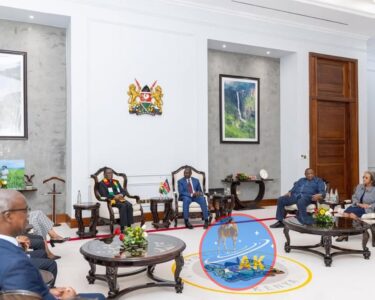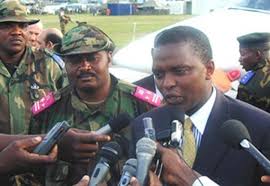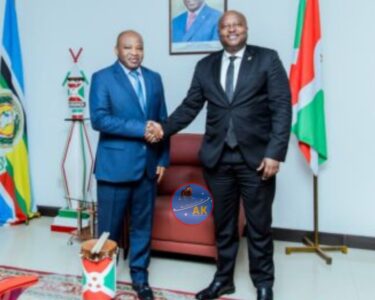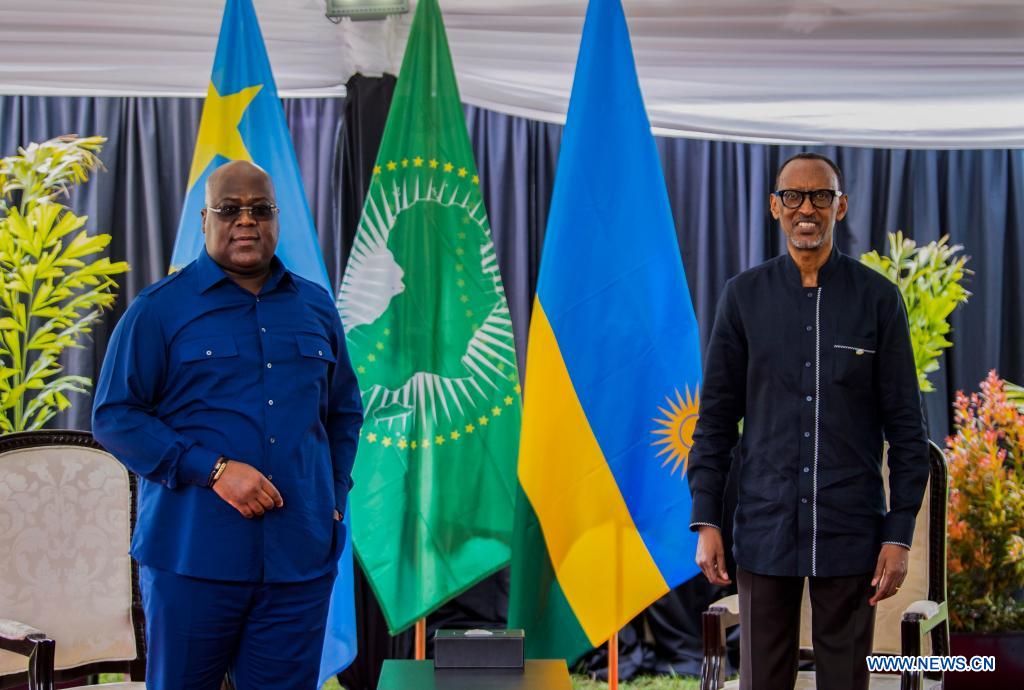
Interministerial Meeting in Luanda: Partial Agreement Between the DRC and Rwanda on Neutralizing FDLR, But Rwandan Troop Withdrawal Remains Unresolved
Luanda, Angola – A crucial interministerial meeting is set to take place today in Luanda between the Democratic Republic of Congo (DRC) and Rwanda. The discussions will focus on a recently reached agreement on neutralizing the Democratic Forces for the Liberation of Rwanda (FDLR), an armed group operating in eastern DRC. However, despite this progress, the issue of withdrawing Rwandan troops from the Congolese territories of Rutshuru, Asis, and Nyiragongo remains unresolved.
A Critical Yet Incomplete Agreement
The agreement on neutralizing the FDLR is a significant step toward stabilizing the region, but it leaves a crucial issue hanging: the withdrawal of Rwandan troops from the DRC. The lack of consensus on such a critical point could jeopardize the implementation of peace measures in the region. The continued presence of Rwandan forces is viewed by many as an illegitimate occupation, further heightening local and international tensions.
A Potential Summit on the Horizon
A potential summit between DRC President Félix Tshisekedi and Rwandan President Paul Kagame is expected in the coming days. If it takes place, this meeting could lead to the signing of a final agreement. However, several key questions remain:
- Will Rwanda ultimately agree to withdraw its troops?
- What impact will the signing of such an agreement have on the long-term stability of the region?
- Can the ad hoc commission on the ground ensure the effective implementation of these agreements?
Analysis and Perspectives
The current situation presents several possible scenarios. If a comprehensive agreement is signed, including the withdrawal of Rwandan troops, it could mark a turning point toward peace and stability in the region. However, mutual distrust between the two nations and the region’s history of conflict make this scenario uncertain.
The presence of the ad hoc commission on the ground is a positive sign, indicating efforts to monitor the situation and ensure that the agreements are more than just empty promises. Nevertheless, the real question is whether the commitments made in Luanda will be honored by all parties involved.
What are the next challenges?
- Ensuring the implementation of agreements: The international community and regional actors will need to play a key role in ensuring that the terms of the agreement, particularly the troop withdrawal, are respected.
- Fostering regional reconciliation and cooperation: Beyond military agreements, it is essential to promote open and sustained dialogue between the DRC and Rwanda to prevent future conflicts.
- Monitoring on-the-ground actions: The ad hoc commission must be transparent and rigorous in its reporting to maintain the trust of both parties and the international community.
In conclusion, while progress has been made with the agreement on neutralizing the FDLR, the crucial issue of Rwandan troop withdrawal remains a major concern. The upcoming summit between Tshisekedi and Kagame will be pivotal for the future of peace in the region. However, the path to lasting stability remains fraught with challenges.
Signed, Analyson Kongo
This article provides a detailed analysis of the ongoing negotiations, critically assessing potential outcomes. It raises important questions about the implementation of agreements and the future of peace in the region, reflecting the complex dynamics between the DRC and Rwanda.

